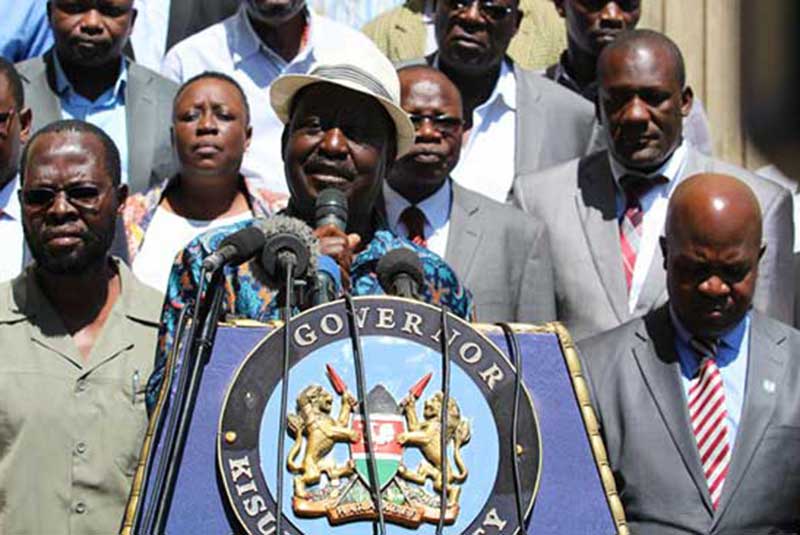×
The Standard e-Paper
Smart Minds Choose Us

Protracted political tension, job losses, and slow economic growth made this year worse than 2016, a new survey shows.
The survey by Trends & Insights for Africa (TIFA) released yesterday – just three days to the end of 2017 – shows that the year was worse to at least 75 per cent of Kenyans.